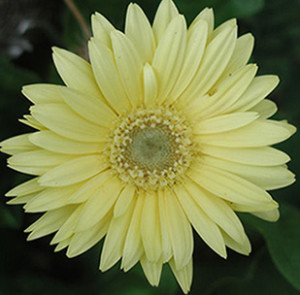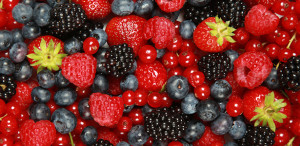
Spring is in full swing and
its time to get your health
on track if you haven’t already!
Foods, Brain Health and Mood

Research over the last 10 years has firmly established that learning and memory abilities as well as mood can be influenced by diet. For years the general thought in neuroscience was that the brain was a static organ with the inability to grow new cells. Not anymore! Research has shown that certain areas of the adult brain can re-grow after being damaged or traumatized. Two areas, (for the nerds out there are known as the subventicular zone and the dentate gyrus). But unless you’re a neuroscientist doing research in these areas it really doesn’t matter. What matters is that by stimulating the growth of these areas one can combat depression, anxiety and actually increase cognition (i.e. your smarts) and for prevention Alzheimer’s and adult onset dementia.
To help grow certain brain areas there must be some incredible drug, a special machine or something like that right? Not really, the main thing that these studies have shown is that certain components of food can induce, what we nerds call Adult Hippocampal Neurogenesis (AHN). Note that the hippocampus in the brain is the place where memory seems to mainly live. Therefore, by re-growing hippocampal areas that have been damaged, let’s say by chronic stress, you can improve your memory as well as anxiety and reduce depression too! It turns out that the main components in foods that help stimulate the growth of your brain are the phenolics in the foods. OK, so what are the phenolics? Phenolics (pleural for phenolic) are chemicals in food that give blue berries their blue, red wine the red, black berries their black, green tea it’s green. They also give certain tastes like the astringency to tea or wine (tannins are phenolics). Phenolics are found in almost all naturally colored foods, are plant based and turn out to have a large array of positive effects on the body, like anti-inflammation, vessel protection, anti-viral, free radical fighters. They can also stimulate brain growth in certain regions of the brain, are antidepressants, anti-anxiety and boost IQ as well.
So which foods have lots of phenolics? There are hundreds, however I’ll stick with the best ones studied. Let’s start with some of my personal favorites: chocolate (not chocolate bars, sorry), blue berries, green tea, Turmeric, red grapes, black berries, plums, apples, cherries and coffee. Studies have shown that phenolic compounds contained in these foods can stimulate AHN and have other positive effects on the brain. Note that some depressed individuals may have reduced hippocampal volume, so helping it regrow could have beneficial effects on them.
How do they work? It is thought that the phenolics in these foods like green tea or turmeric affect the brain in several different ways that promote feeling good and stimulate brain growth. The phenolics are antioxidants and anti-inflammatory so they protect the brain from general ravages of aging, they can keep the feel good chemicals like serotonin, dopamine and noradrenaline in the brain for longer periods of time which are linked to lower anxiety and depressive states. Besides supporting brain growth factors, they can stimulate a cell receptor in the brain known as the Gaba receptor which helps you feel more relaxed, how cool is that ? Most studies also incorporate one other food component and that is fish oil or omega 3 fatty acids. This makes sense because the brain is made of a lot of fat. Omega – 3 fatty acids are anti-inflammatory which also helps in supporting brain neurogenesis as well as help alleviate anxiety and depression.
The clinical impact of these findings are huge. This knowledge of how food can stimulate brain growth (phenols and omega 3’s) can then be translated into everyday practice that results in combating brain degenerative diseases like Alzheimer’s, Parkinson’s, Age Related Dementia, and for psychiatric conditions like depression and anxiety disorders. So eat your berries, herbs, veggies and cold water fish and drink 2-3 cups of organic green tea!
Yours in health,
Dr. Quinn Rivet, ND


